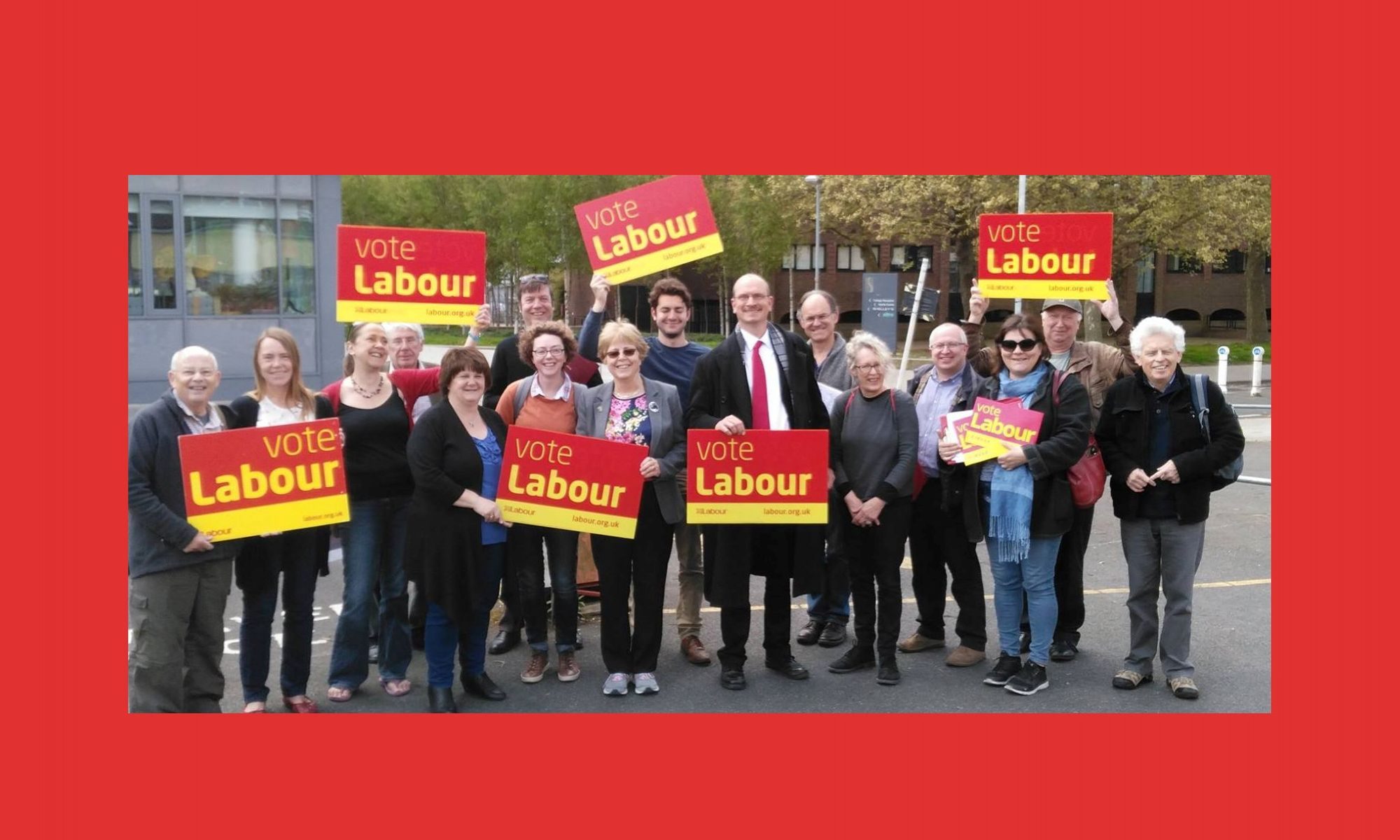With Brexit taking up most of the Government’s energy, and news programmes focused on the latest Brexit news, you might be forgiven for thinking that there is no other serious crisis that requires urgent Government action. But as the Independent Panel on Climate Change warned recently, we now have less than 12 years to avoid a catastrophic global temperature rise. And pollution is also a threat – in Britain alone our dirty air contributes to around 40,000 deaths a year and recent research found bits of plastic in every single UK marine mammal surveyed.
Whatever Brexit deal we end up with, history needs to remember this as the period when the rise in greenhouse gases was finally reversed. Preventing dangerous climate change and achieving high air and water quality should be the priority of any responsible government. Labour must and will campaign for policies which do so.
Environment Secretary Michael Gove has just published a round of consultations on proposals to improve the waste system and tackle plastic pollution. The question is, will this lead to action or will it just lead to more talk? The Government says it is serious and recognises the need for radical action, but the latest figures show the amount of packaging that is recycled in the UK actually fell between 2017 and 2018. England’s overall recycling rate has stagnated at around 45% since 2012.
Putting ideas forward in a consultation is very different from implementing them. If there is any real action, much of it will not take place until 2023. That’s four years away, and crucially after the next general election, so it might never happen.
The plastic pollution crisis cannot wait. The Government’s failed austerity agenda has left cash-strapped local authorities unable to find the additional resources needed to improve recycling collections. During the Conservative/Lib Dem coalition government, many Labour councils bid for the investment needed to improve recycling rates in their areas, but were turned down. In Ipswich I led a bid to start weekly food waste collections from households, which would have increased our recycling, reduced food waste, and dealt with the problem of smelly bins, but the Government denied our request. And of course, while Labour-run Ipswich collects garden waste for free, the other local authorities in Suffolk do not.
A better way is possible and affordable, but it needs decisive action and it needs the political will to carry it through. Labour-run Wales has instituted separate food collections across the nation and the recycling rate ranks second in the world. Collecting food waste separately reduces pollution from incineration and from landfill. It encourages households to reduce their level of food waste. And with composting and anaerobic digestion, the captured gas can be used to generate electricity, and the remaining solids can be used as fertiliser. This is not only good for the environment, it would create significant local employment too. All of this is happening in Wales already. It would be absurd to have to wait until 2023 before we could take this action in England.
Back in 1981, a ‘Beverage Container Bill’ was proposed which would have required all cider, beer and soft drink bottles to be part of a deposit scheme. The Conservative government of the day decided that industry on its own could solve all the problems of the waste it was generating. How did that turn out? Today tax payers, via local authorities, pick up 93% of the £1bn bill for dealing with waste, while industry pays just 7%.
Government must act. Leaving any action simply to the good will of industry will not lead to effective waste reduction or recycling across the country. Even when more responsible firms do reduce their packaging or use more sustainable means of production, they run the risk of being undercut by those companies with less of a social conscience. And the Government must act urgently – we do not have four years to waste. There is only so much CO2 we can continue to belch out into our atmosphere and, alongside electricity generation, transport and agriculture, we must deal with our waste problem before it is too late.
We need a root-and-branch overhaul of our waste and recycling system, an end to the crippling austerity imposed on local councils which has prevented them from increasing their recycling collections, and serious investment in reuse and recycling infrastructure. Only then can we tackle the plastic pollution crisis, food waste and climate change. We need effective action – and we need it now!
